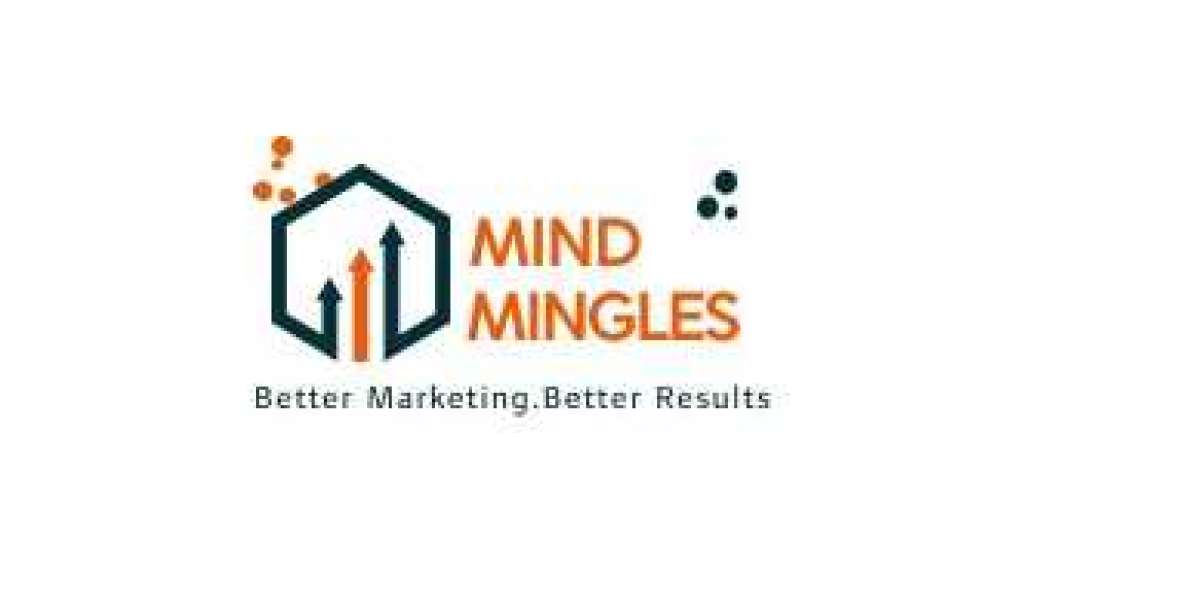https://www.sevenmentor.com/software-testing-course-in-pune.php
A Guide to a Career in Software Testing
Software testing is a critical phase of the software development life cycle (SDLC), ensuring that applications are error-free, reliable, and meet the end user's requirements. As the demand for quality software increases, the need for skilled software testers has grown significantly. Here's an overview of the field and how mentorship, particularly from SevenMentor, can enhance your journey.
What is Software Testing?
Software testing involves evaluating and verifying software to ensure it works as intended. It includes two primary categories:
- Manual Testing: Performing tests manually without the use of automation tools.
- Automation Testing: Using scripts and tools to perform tests, making it faster and scalable.
Why Pursue a Career in Software Testing?
- High Demand: Companies prioritize quality assurance, making testers indispensable.
- Growth Opportunities: With advancements like AI testing, DevOps, and agile methodologies, the field is evolving rapidly.
- Diverse Roles: Test Analyst, Quality Assurance (QA) Engineer, Test Automation Engineer, and Test Manager are some of the roles available.
- Accessible for Beginners: Even individuals without a coding background can start with manual testing and grow into automation roles.
Skills Needed for Software Testing
Technical Skills:
- Knowledge of programming languages (e.g., Java, Python).
- Familiarity with tools like Selenium, JIRA, and TestNG.
- Understanding of databases and SQL.
Soft Skills:
- Analytical thinking.
- Attention to detail.
- Strong communication skills for collaboration and reporting.
Certifications:
- ISTQB (International Software Testing Qualifications Board).
- CSTE (Certified Software Tester).
How SevenMentor Can Help You
SevenMentor is a reputed training institute that specializes in IT courses, including software testing. Here's how it can assist in shaping your career:
Comprehensive Curriculum: SevenMentor offers beginner-to-advanced level courses, covering both manual and automation testing. Their curriculum is aligned with industry trends and certifications like ISTQB.
Hands-On Training: Practical exposure is a key focus, allowing students to work on real-world projects and case studies. This builds confidence and industry-relevant skills.
Experienced Mentors: Their trainers are industry professionals with years of experience in software testing, offering personalized guidance and insights into the industry.
Job Assistance: SevenMentor provides placement support through mock interviews, resume-building sessions, and connections with hiring partners.
Flexible Learning Options: Both online and in-person classes are available, catering to students and working professionals alike.
Community and Networking: Being part of SevenMentor connects you with peers, alumni, and industry experts, which can be invaluable for career growth.
Post-Training Support: Even after completing the course, learners can seek advice or revisit concepts, ensuring continuous learning.
Conclusion
A career in software testing offers stability, growth, and opportunities to make an impact in the IT industry. With the right guidance and training, like that provided by SevenMentor, you can confidently enter the field, stay updated with trends, and excel in this ever-evolving domain.








